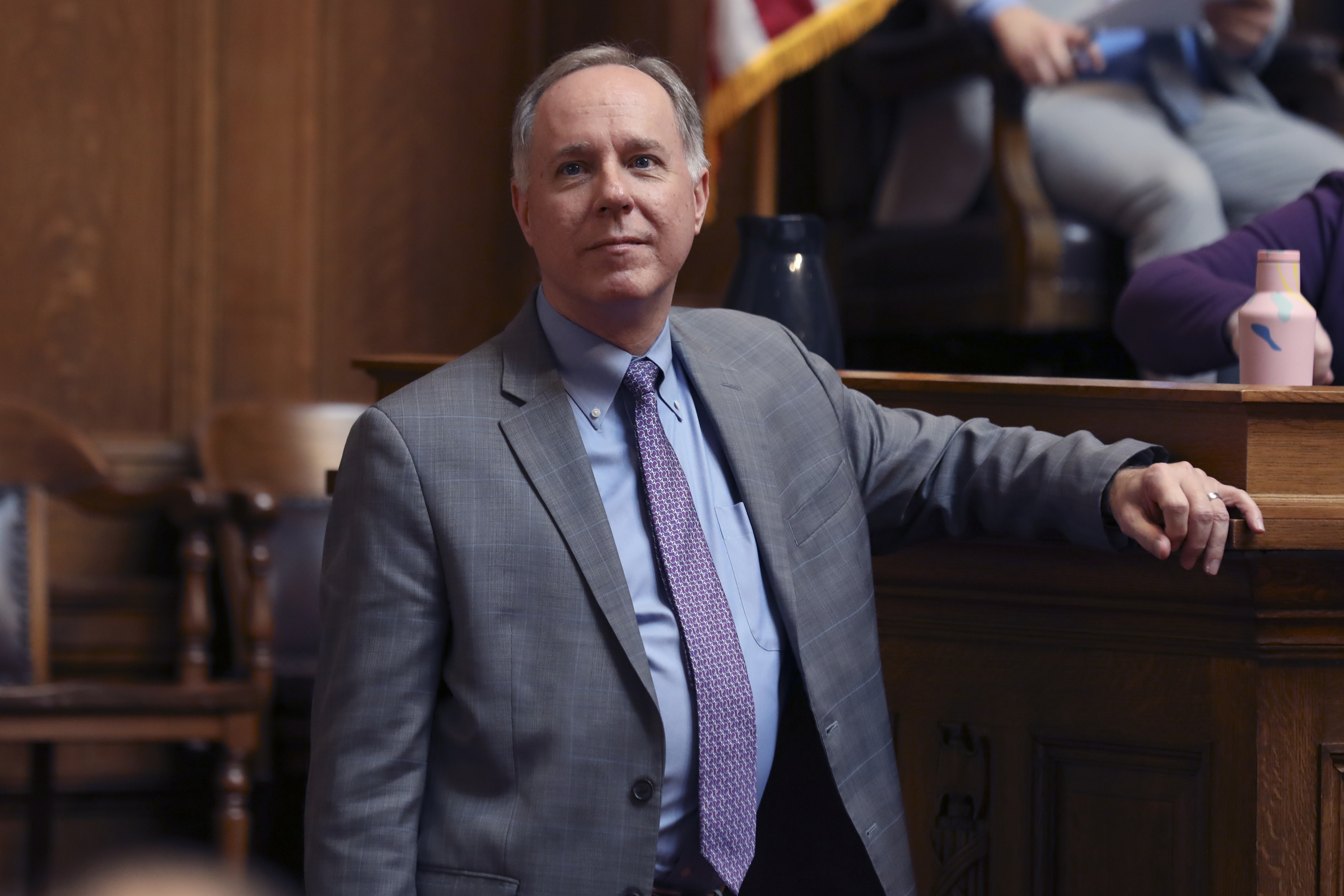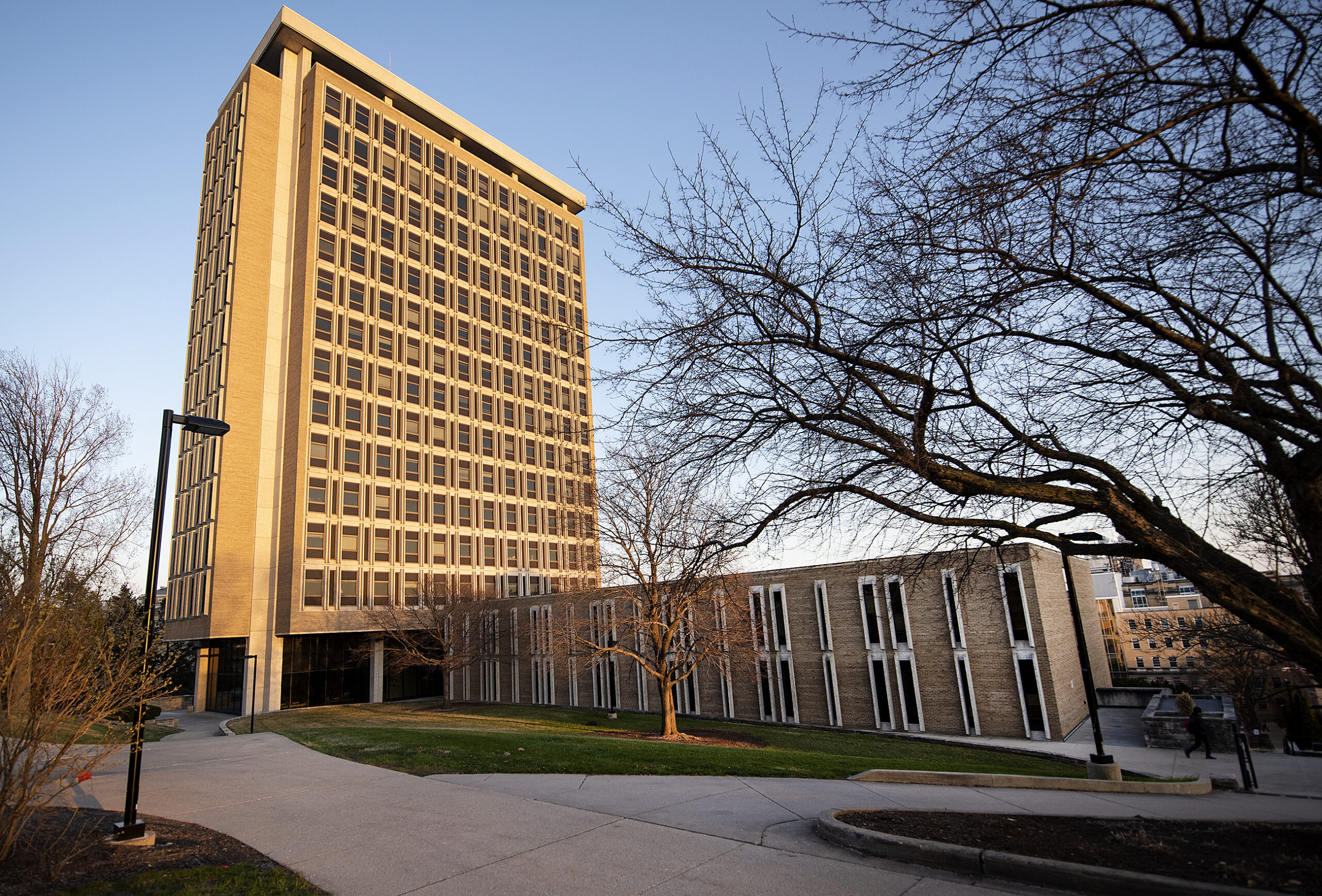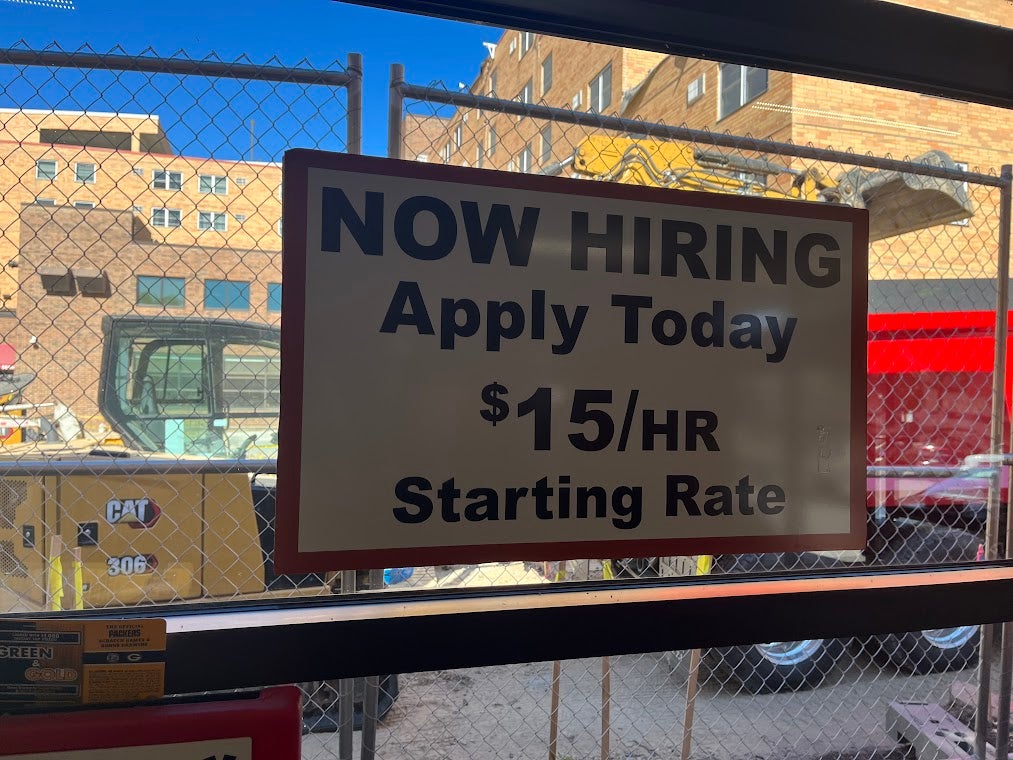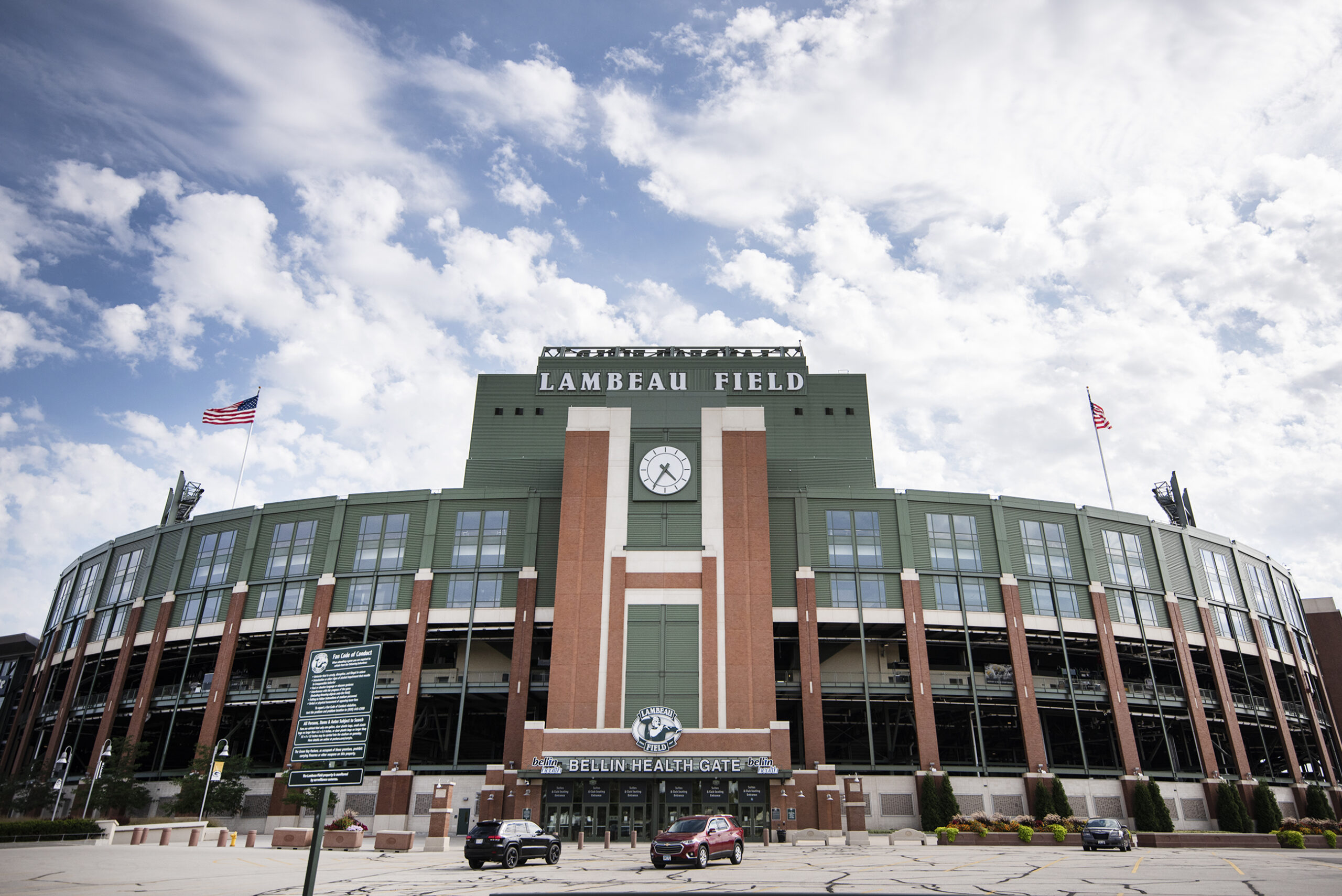Much of the world celebrates a labor holiday on May 1st. We find out why the US has opted for a Monday in September. We find out what the pros and cons might be of tying funding for UW to performance, and what the right benchmarks would be. And we examine how to balance work and rest in a world full of non-stop access to technology and information.
Featured in this Show
-
The History Of Labor Day In The U.S.
Labor Day in the United States marks the unofficial end of summer, but its origins are a world away from the holiday we know today. We speak with historian Ken Davis about the holiday’s history.
-
Why We Celebrate Labor Day In September
While May 1 is a holiday devoted to workers around the world, the very first United States Labor Day was in 1882 on the same date as this year’s — September 5.
Unions called for a day off and placed it about halfway between the Fourth of July and Thanksgiving, which were two holidays workers often got off — albeit usually without pay, according to historian Ken Davis, author of “Don’t Know Much About History: Everything You Need To Know About American History But Never Learned.”
It was no coincidence the push for the holiday came as industrialization swept the nation.
“It was really a nightmarish time to be a working man, or woman or child in America,” Davis said.
Davis noted workers called for the new holiday not as a day of leisure, but to advance their efforts to improve working conditions.
“(Labor Day was) to really have a chance to organize, to protest in favor of some of the things that they were working for in those days,” Davis said. “And that means the end of what were horrific conditions — 12-hour work days, six-day weeks, certainly no benefits, no unemployment, and child labor was commonplace throughout the United States of America.”
After a series of increasingly violent labor strikes and protests in the early 1890s, President Grover Cleveland made Labor Day an official holiday on the first Monday of September.
But that didn’t mean the workers’ demands and hopes were solved immediately, Davis said.
“This was a long and bitter civil war in America in the long period after the American Civil War, in the sense of North and South,” he said. “But this was a war between business and working people. And the businesses usually had the complete compliance of the government in putting down these strikes.”
It wasn’t until the 1930s that most of the main demands of the workers’ agenda were gained, including a decent wage, shorter workdays and safer working conditions, Davis said.
“It’s important that we look back at this and remember,” Davis said. “We enjoy it as a holiday of the last fling of summertime. But it really is this moment that’s born in tremendous blood, sweat and tears.”
-
The Pros And Cons Of University Funding Based On Performance
An education reporter shares the arguments for and against the idea of basing levels of state funding for the University of Wisconsin on performance benchmarks.
-
Work And Rest In A 24-Hour World
On Labor Day Monday, we look at issues of work and rest in a world that runs 24 hours a day.
Episode Credits
- Veronica Rueckert Host
- J. Carlisle Larsen Producer
- Aarushi Agni Producer
- Veronica Rueckert Producer
- Kenneth C. Davis Guest
- Nico Savidge Guest
- Brigid Schulte Guest
Wisconsin Public Radio, © Copyright 2024, Board of Regents of the University of Wisconsin System and Wisconsin Educational Communications Board.





